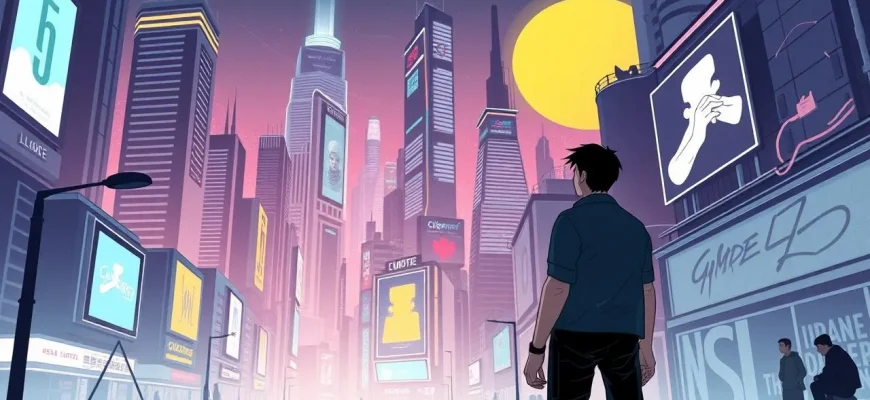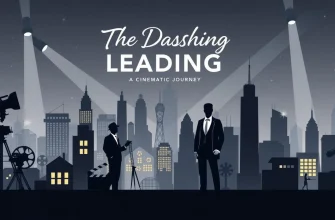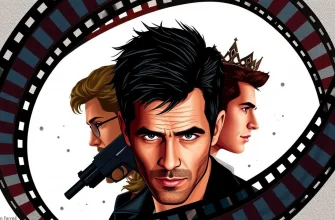Cyberpunk cinema offers a unique blend of high-tech futures, dystopian societies, and existential questions about humanity's place in an increasingly digital world. This collection showcases ten films that not only define the genre but also provide a visual and narrative feast for fans of futuristic storytelling. Each movie in this list has been selected for its contribution to the cyberpunk aesthetic, its exploration of themes like artificial intelligence, corporate control, and the human condition, making it an essential watch for anyone interested in the intersection of technology and society.
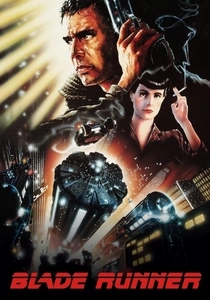
Blade Runner (1982)
Description: A cornerstone of cyberpunk cinema, "Blade Runner" explores themes of identity, humanity, and what it means to be alive through the story of a bounty hunter tracking down rogue androids.
Fact: The film's visual style inspired the term "tech noir" and its influence can be seen in countless films and video games.
 Watch Now
Watch Now 
Johnny Mnemonic (1995)
Description: Based on a William Gibson story, this film features a data courier with a cybernetic brain implant, highlighting the theme of information overload in a cyberpunk setting.
Fact: The film was Gibson's first screenplay adaptation of his own work.
 Watch Now
Watch Now 
Ghost in the Shell (1995)
Description: This anime film delves into the philosophical implications of artificial intelligence and cybernetic enhancements in a world where the line between human and machine blurs.
Fact: It was one of the first anime films to be widely recognized in the West, influencing many cyberpunk works that followed.
 Watch Now
Watch Now 
The Matrix (1999)
Description: "The Matrix" revolutionized special effects and introduced the concept of a simulated reality, exploring themes of free will and the nature of reality.
Fact: The film's "bullet time" effect became iconic and was widely imitated in other media.
 Watch Now
Watch Now 
Alita: Battle Angel (2019)
Description: Based on the manga "Gunnm," this film brings to life a cyberpunk world where a cyborg awakens with no memory of her past, exploring themes of identity and humanity.
Fact: James Cameron, who wrote the screenplay, had been developing the project for over a decade before it was finally produced.
 Watch Now
Watch Now 
Dredd (2012)
Description: A gritty, action-packed adaptation of the "Judge Dredd" comics, set in a dystopian future where law enforcement is absolute and brutal.
Fact: The film was shot entirely in 3D, enhancing its immersive cyberpunk atmosphere.
 Watch Now
Watch Now 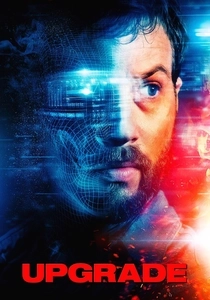
Upgrade (2018)
Description: This film blends cyberpunk with horror elements, focusing on a man who receives a cybernetic implant that turns him into a killing machine, exploring themes of control and autonomy.
Fact: The film's director, Leigh Whannell, also co-created the "Saw" franchise.
 Watch Now
Watch Now 
Akira (1988)
Description: Set in a post-apocalyptic Neo-Tokyo, "Akira" is renowned for its stunning animation and its depiction of a society on the brink of collapse due to technological and psychic powers.
Fact: It was one of the most expensive anime films ever produced at the time of its release.
 30 Days Free
30 Days Free 
Strange Days (1995)
Description: This film explores the concept of virtual reality and memory recording, set against the backdrop of a near-future Los Angeles, capturing the essence of cyberpunk's gritty realism.
Fact: Kathryn Bigelow became the first woman to win an Academy Award for Best Director for this film.
 30 Days Free
30 Days Free 
eXistenZ (1999)
Description: David Cronenberg's take on virtual reality games, where the boundaries between game and reality become indistinguishable, offering a unique cyberpunk narrative.
Fact: The film was shot in Toronto, which was transformed to look like a dystopian future city.
 30 Days Free
30 Days Free 
